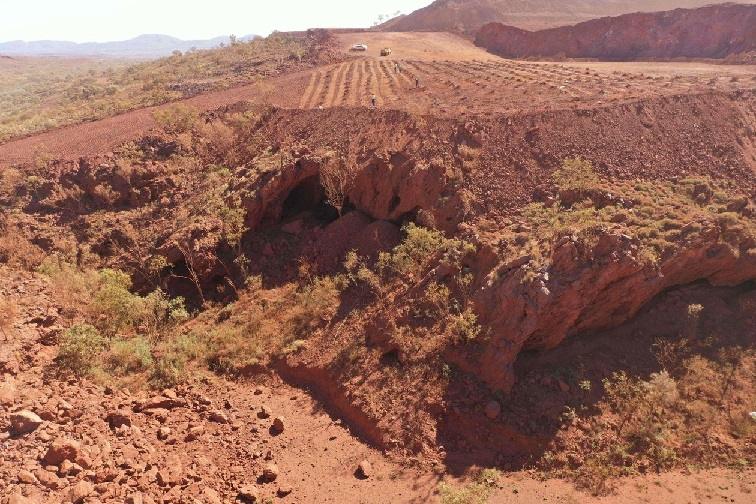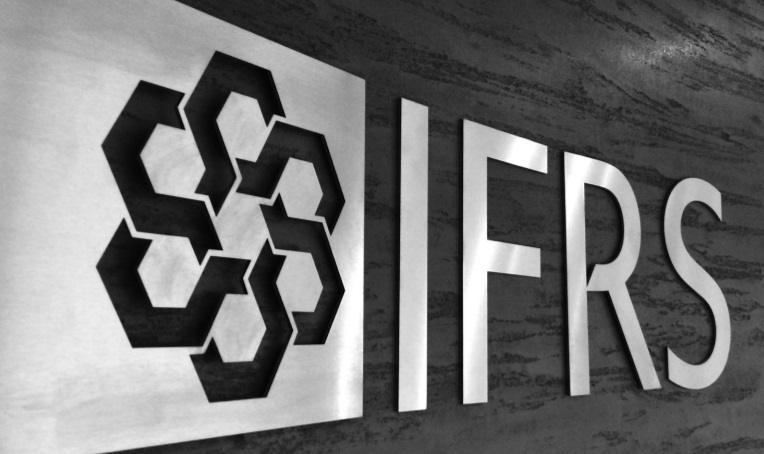Social Responsibility Disaster Causes Full Turnover in Rio Tinto Top Ranks
A scandal that erupted over the destruction in Australia of two ancient sites with cultural and historical significance to indigenous groups has resulted in the resignation of several top executives at mining giant Rio Tinto, including CEO Jean-Sébastien Jacques.
In May 2020, Rio Tinto destroyed two caves at Juukan Gorge in Western Australia that contained archeological treasures, including fragments 10s of thousands of years old linking the site to current aboriginal groups. While the company’s actions were not illegal, they were a massive failure in consideration of stakeholder interests.
Rio Tinto chairman Simon Thompson said:
“What happened at Juukan was wrong and we are determined to ensure that the destruction of a heritage site of such exceptional archaeological and cultural significance never occurs again at a Rio Tinto operation. We are also determined to regain the trust of the Puutu Kunti Kurrama and Pinikura people and other Traditional Owners. We have listened to our stakeholders’ concerns that a lack of individual accountability undermines the Group’s ability to rebuild that trust and to move forward to implement the changes identified in the Board Review.”
In addition to the resignation of Jacques, Rio Tinto’s Chief Executive, Iron Ore Chris Salisbury is also stepping down, along with Simone Niven will step down as Group Executive, Corporate Relations.
Rio Tinto has announced that it is establishing a new Social Performance assurance function, reporting to Mark Davies, Group Executive, HSE, Technical and Projects, to strengthen oversight of communities and heritage practices and performance within the operations. Additionally, in order to enhance Board engagement in Australia, Simon McKeon, non-executive director, has been appointed as a Senior Independent Director.
Thompson added:
“Rio Tinto is a financially and operationally robust business with world-class assets, a clear strategy and outstanding people. We are determined to learn the lessons from Juukan and to re-establish our reputation as a leader in communities and heritage management.”





